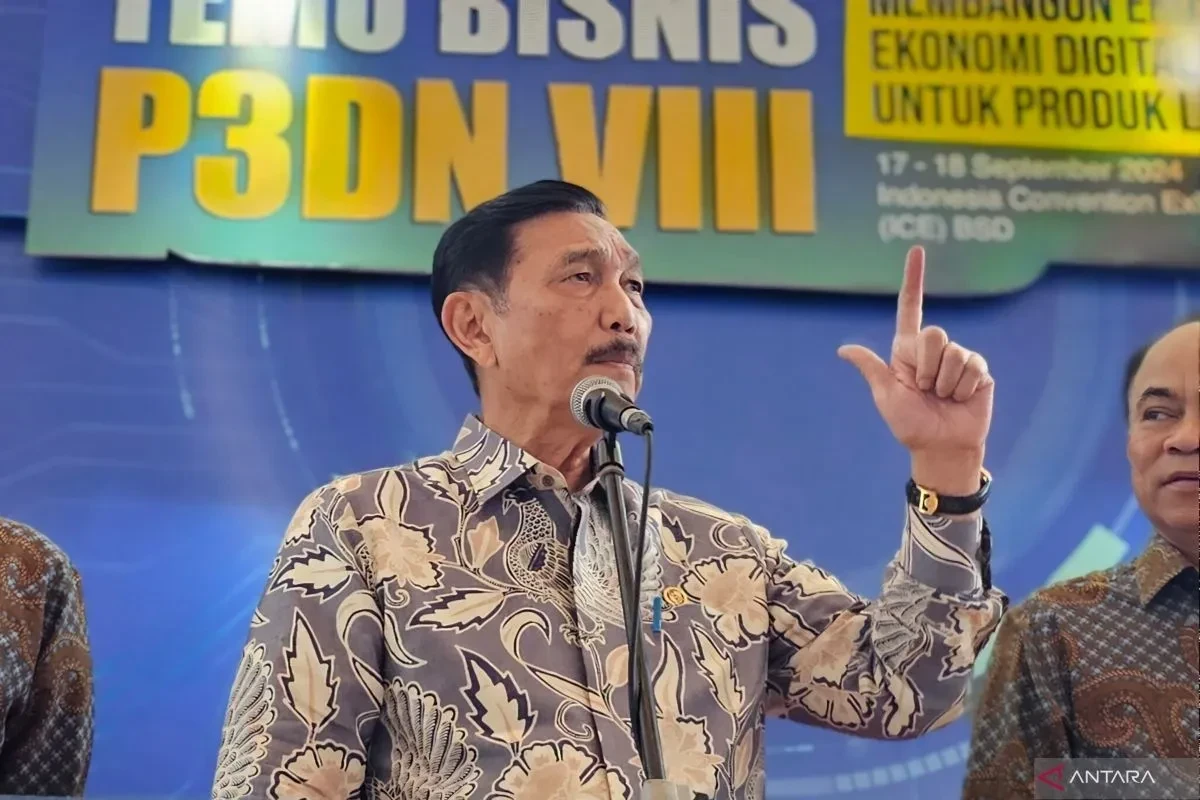Recently, statements from high-ranking Indonesian officials have been causing increasing concern among foreigners. The frontman of the public campaign for "quality tourism" has become the Minister of Maritime Affairs and Investment, Luhut Binsar Pandjaitan.

“We are ready to lose 5,000 tourists who create problems for us, there’s nothing wrong with that. In their place, quality tourists will come. Respectable foreigners can see that we are serious, and they are starting to return to travel in Indonesia,” says Luhut.
It appears that Luhut Binsar is expressing the prevailing view on the development of tourism in Indonesia. He is a very experienced official, having held many positions under various presidents. At 77, he is a retired general with quite conservative views. He was the one who initiated the lockdown after the start of COVID, and despite protests and disagreements from many ministers, he pushed it through. He is also the one proposing to ban parties in Bali. Luhut is often referred to as the gray cardinal of the government. However, judging by the number of statements to the press, the former military commander seems to have decided to step out of the shadows.

Considering that the newly elected president of the country, Prabowo Subianto, was formerly the Minister of Defense, we can infer that he shares quite similar views with Luhut.
“Why are we accepting disrespectful tourists? Troublemakers who make drugs right in the villas, who are noisy, who walk around practically naked! What are we doing? Bali has always been famous for its culture. If this culture disappears, who will want to come to Bali?” – this statement is again from the Coordinating Minister Luhut.
The question is when the new government will move from words to action. So far, we can only recall the large-scale operation by the immigration service that for over a month cracked down on illegally working expats and those holding questionable KITAS visas in Bali. Promises to ban loud parties in villas and impose a moratorium on new construction in popular areas like Canggu and Seminyak have yet to materialize. However, the authorities assure that their measures to improve the quality of incoming foreigners are already working:
“I think everything we’ve already done is starting to work. Sandiaga Uno [Minister of Tourism and Creative Economy - ed.] has also joined our efforts,” Luhut shared.
Among the foreigners committing the most immigration violations are citizens from Russia, Nigeria, China, Australia, the Philippines, Ukraine, and Taiwan.
Currently, the main offenses by foreign visitors range from improper use of residence permits, overstaying visas, to involvement in criminal activities. According to Luhut, tightening the policy regarding problematic foreigners in Bali will not disrupt the island's tourism growth. On the contrary, it will prove that Indonesia's stance is firm on rule-breakers. The government believes these steps will actually open new opportunities for skilled foreigners who wish to comply with the laws of the countries they visit. In turn, this will provide significant economic growth.
Former Deputy Governor of Bali and head of the Bali Hotels and Restaurants Association, Cokorda Oka Artha Ardana Sukawati, urged officials to evaluate tourism development from the perspective of its impact on the well-being of local residents. As it stands, the authorities focus solely on the number of visitors arriving on the island.
Sukawati, known as Cok Ace, suggests analyzing the correlation between the Human Development Index, life expectancy, mortality rates, and, most importantly, the purchasing power of the local population, to gain a deeper understanding of how tourism affects them. These indicators should help assess how the Bali government can manage tourism across the province, ensuring that local residents truly benefit from the growing number of visitors.
Made Ariandi from the Chamber of Commerce believes that a broader picture of tourism’s economic impact on the province is needed.
“There is a possibility that tourists spend their money within their own circle, with other foreigners, because many tourist facilities, like villas, are owned by foreigners. There’s nothing inherently wrong with foreign-owned businesses in Bali, as long as they operate legally.”
In fact, Indonesia has introduced a number of new visa categories designed to make it easier for wealthy foreigners to invest in the country and start businesses. Some officials fear that an increase in foreign enterprises will simply stifle local entrepreneurs.
Sources: balitvmetronews, LIPUTAN6



You can add one right now!